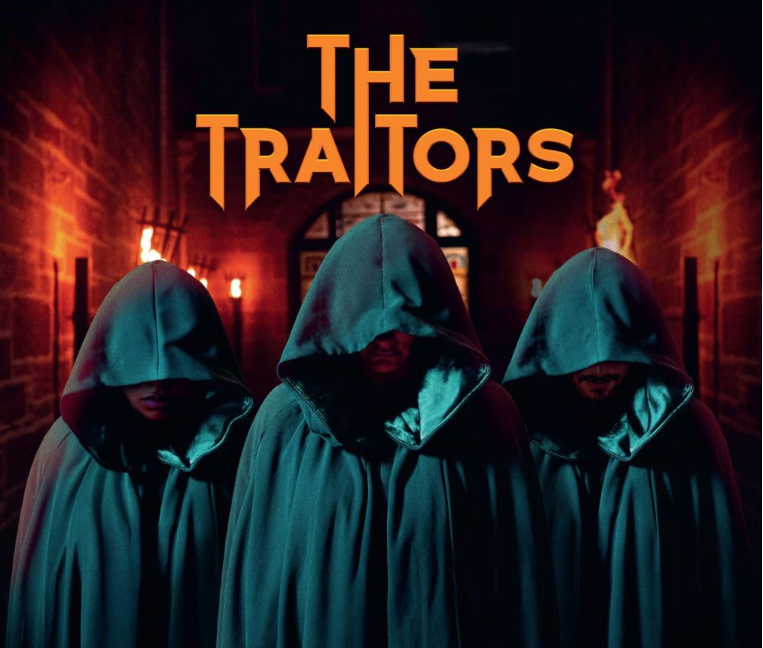The rise of BlueSky has sparked debates about whether it’s overtaking X (formerly Twitter).
Some claim X is in decline, while others argue it remains the dominant platform.
So, what’s the reality?
What is BlueSky?
BlueSky is a decentralised social media platform originally founded by Jack Dorsey, co-founder of Twitter, in 2019. It operates under the AT Protocol, allowing users to own their social media identity and choose algorithms.
It’s USP is a return to the pre-algorithmic social media / Twitter era, free from aggressive monetisation and it’s appeal for some users is not having Elon on it’s board.
The Hype vs. Reality
BlueSky is gaining momentum as a fresh, ad-free alternative that gives users more control. Many, frustrated with X’s algorithm changes andMusk’s influence, have migrated to it. Political events and X-related controversies have further fuelled its growth.
But does this mean BlueSky is replacing X? Not quite.
Despite negative press, X remains dominant with 600 million global users, far outpacing BlueSky’s 32 million.
In the UK, X still has a 31.2% membership rate, ahead of TikTok and LinkedIn. While some users left, the biggest shift has been advertisers pulling back. Yet, daily activity remains high, with X users spending an average of 12 minutes per visit, compared to 10.5 minutes on BlueSky.

Advertising Matters—And BlueSky Doesn’t Have It Yet
For advertisers, X is still the stronger platform, offering advanced targeting and massive reach. BlueSky currently has no ad infrastructure, making it appealing to users who dislike advertising but impractical for businesses looking to engage audiences.
So, Is BlueSky Overtaking X?
Not yet. While BlueSky’s growth is impressive, it remains event-driven rather than sustained. X still holds the numbers, the influence, and the business tools to remain dominant—for now.
BlueSky is a promising alternative with a growing audience, but its expansion has been largely driven by external events. X remains the stronger platform in terms of reach, engagement, and advertising capabilities.
- For advertisers: X is still the best option for large-scale campaigns.
- For niche audiences: BlueSky is worth watching but isn’t yet a true competitor.
Bottom line?
The talk about X’s decline is louder than the reality. BlueSky has potential but isn’t ready to take over just yet.
If you would like to discuss this, or anything else, please reach out here.




